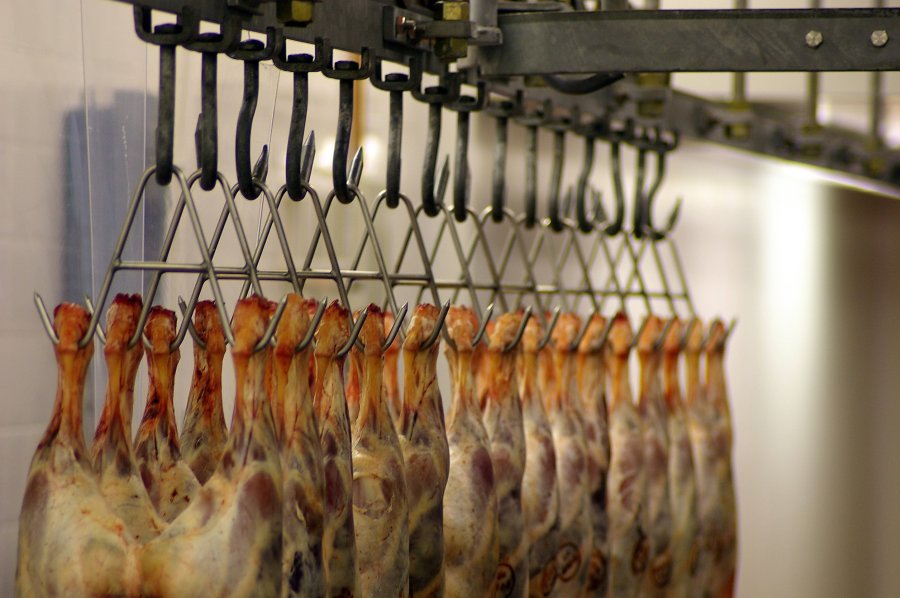'Very real threat': Concern raised as sheep imports into UK surge

A surge in sheepmeat imports to the UK - the highest level since 2018 - has been described as a 'very real threat' to the British sheep sector.
Concern has been raised following the release of trade figures which has revealed a significant increase of sheep meat imported to the UK in 2024.
Data released by the government showed that UK imports of sheep meat surged by 40% on the year, reaching 67,880 tonnes, marking the highest level since 2018.
Imports from New Zealand, an increase of 14,300 tonnes, and Australia, a 6,500 tonnes rise, now account for 86% of UK sheep meat imports, marking a huge 78% uptick from 2023.
Experts suggest a range of factors are responsible for the rise, including lower prices from the Southern Hemisphere, new free trade agreements, and a record level of deadweight prices in the UK.
Data by Defra also showed that UK sheep meat production had declined by 7% in 2024, while domestic beef production in 2024 increased by 4%.
Responding, the Farmers’ Union of Wales (FUW) said the surge in sheep meat imports from New Zealand and Australia posed "a very real threat".
The union's regional vice-president, Alun Owen said: "It that could undermine the livelihoods of Welsh sheep farmers and the sustainability of our rural communities.
"The increased imports are perhaps unsurprising, and follow longstanding warnings that previous governments’ liberal approach to trade negotiations could drastically undermine farmers and domestic food production.
"We are witnessing a potential displacement of high-quality Welsh and UK lamb - a product of world-leading sustainable farming practices - in favour of imports that have travelled thousands of miles.”
Gareth Parry, FUW head of policy explained that the tighter throughput of livestock across the UK reflected current confidence levels of the sector.
"The resulting record-high prices are causing difficulties for processors and retailers across the supply chain which, in part, increases the attractiveness of cheaper imports," he added.
"Inherent to the increase in food imports is a reduction in the UK’s food security, both through the displacement of domestic production and through additional reliance on food produced many thousands of miles away.”








